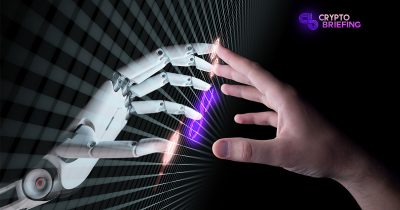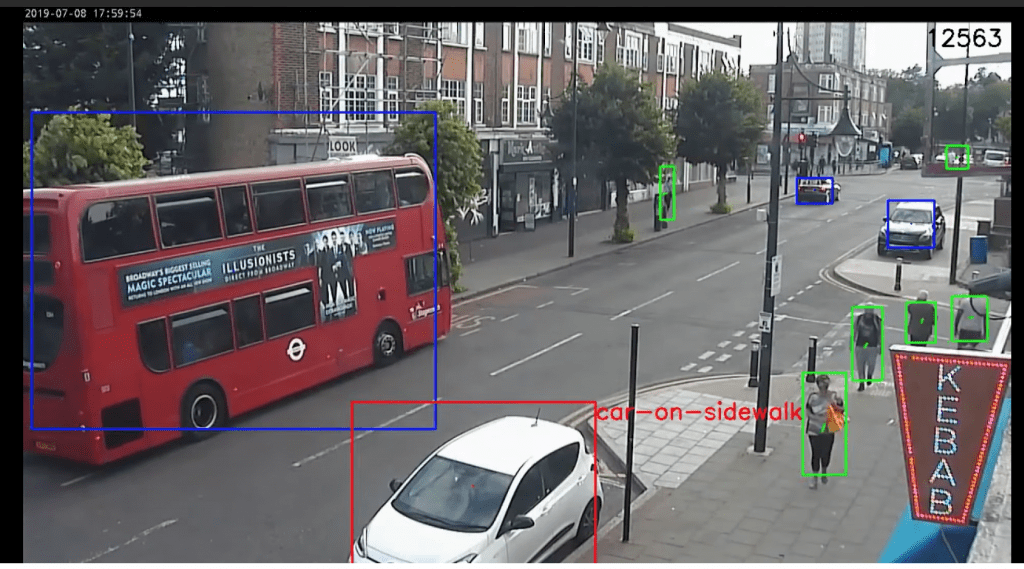SingularityNET Teams Up With Cisco To Deliver Better AI Algorithms
SingularityNET gave Cisco a helping hand.

Share this article
SingularityNET is making friends in high places, as the company announces the completion of its collaborative project with Cisco. The two companies have worked on developing applied Artificial General Intelligence (AGI) algorithms, specifically with street traffic recognition.
While it’s known for its decentralized AI marketplace, SingularityNET is also a direct developer of AGI software. It created a custom version of the OpenCog engine, as well as unique deep neural net technologies for recognizing a variety of data types, including visual and language. The possible applications for AGI are virtually boundless according to Singularity, ranging from finance, genomics, natural language processing, to national security, gaming, robotics and others.
Their potential compelled Cisco to launch its own AI development project, called Deep Fusion. It uses deep neural networks to provide visual recognition algorithms for various applications, such as car traffic analysis.
However, neural networks often act in unpredictable ways. A famous example of this is recognizing dogs from wolves, in which an AI algorithm mistook dogs on snowy backgrounds for wolves. A deeper look revealed that the AI behaved more like a legally-blind human than a world conqueror – basing its decision purely on what kind of background color surrounded the animal.
This is where SingularityNET swooped in to help Cisco. Through its OpenCog reasoning engine, it analyzed the output of Cisco’s neural networks to form a neural-symbolic architecture, a new technique focusing on giving more abstract generalizations.

What is Artificial General Intelligence?
The founders of SingularityNET, Dr. Ben Goertzel and Cassio Pennachin, coined the term Artificial General Intelligence in an eponymous 2005 book, but it’s only recently that it started to catch on. AGIs are more advanced and generalist than currently existing AIs, pushing towards the self-aware computer concept sometimes found in science fiction.
Hugh Latapie, a principal engineer at Cisco, noted when presenting SNET’s and Cisco’s joint project that “We’re going to see AGI elements coming into play this year.”
Elaborating further on the potential of AGI, Latapie was optimistic that it could surpass human intelligence in 10 years. “One thing you get when you apply, when you take a theory and see how it’s working in the real world, you get a grounding in how it’s working,” he explained. “Based on my experience making these systems that have some small elements of AGI, I’m pretty convinced that in 10 years we’re going to have it.”
Is AGI dangerous?
The merits of creating machines smarter than humans have been debated for a long time, and a recent panel between Jack Ma and Elon Musk highlighted the different opinions on the matter. Musk is a firm believer in the future dangers of AGI, whose ideas clashed strongly with Ma’s more immediate approach. Commenting on the debate, the SingularityNET team agreed with Musk on the possibilities of AGI, which they believe would be as transformational as the invention of language – a true technological Singularity.
However, they do not share Musk’s radical pessimism. By creating an open-source, decentralized AGI development process, SingularityNET believes that it can be guided along ethical and controlled directions. Time will tell who’s right: will the real AGI be more like SkyNet or like Star Trek’s Data?
SingularityNET is a decentralized AI platform. It should not be confused for Singularity Networks, a network infrastructure analytics company which Cisco acquired earlier this year.
Share this article
